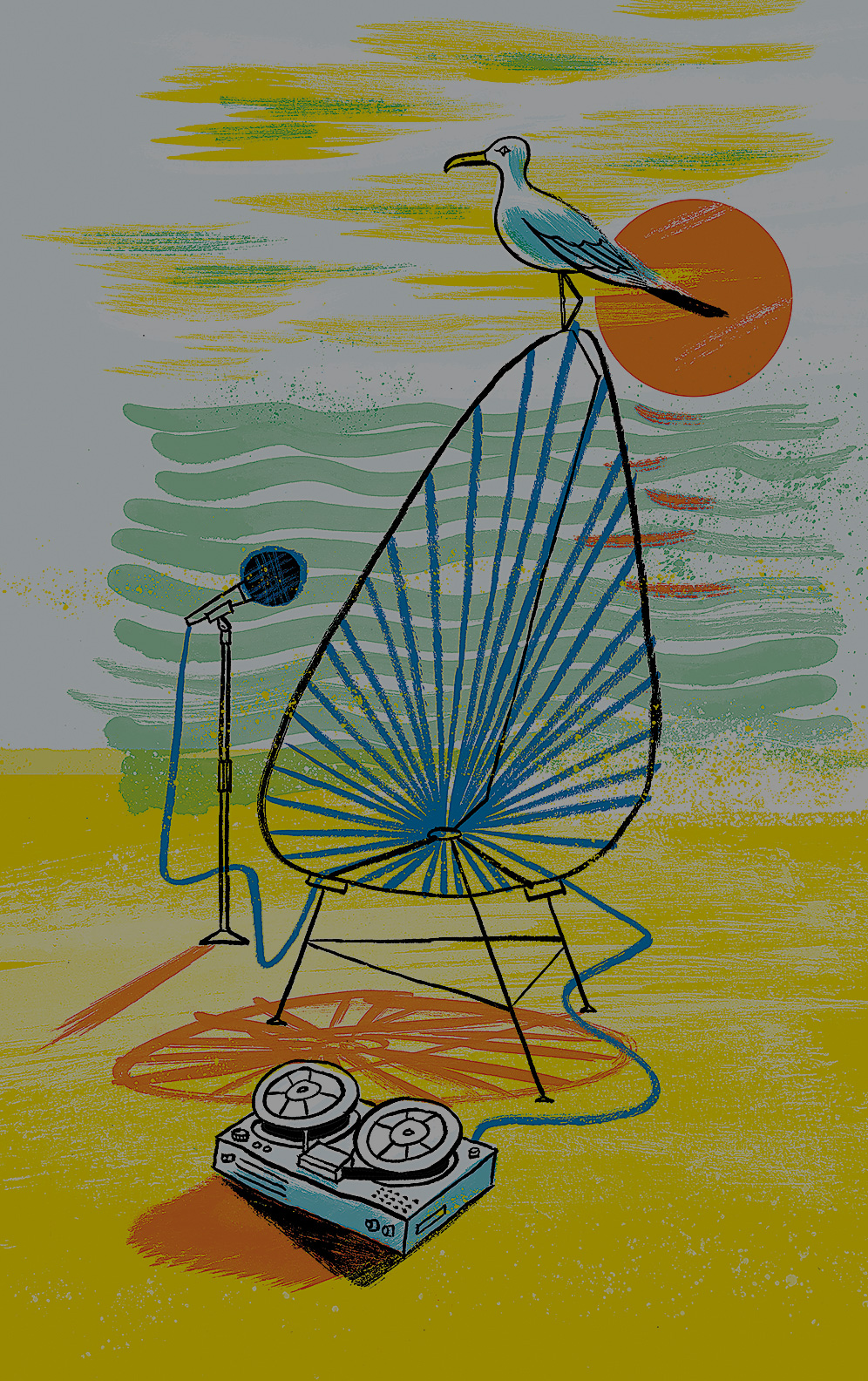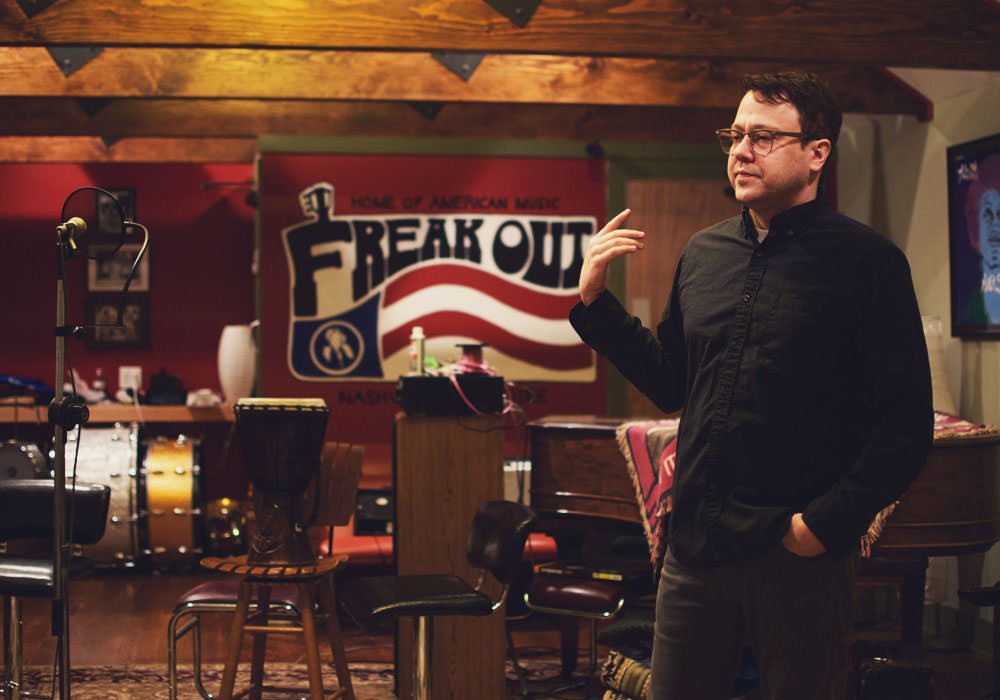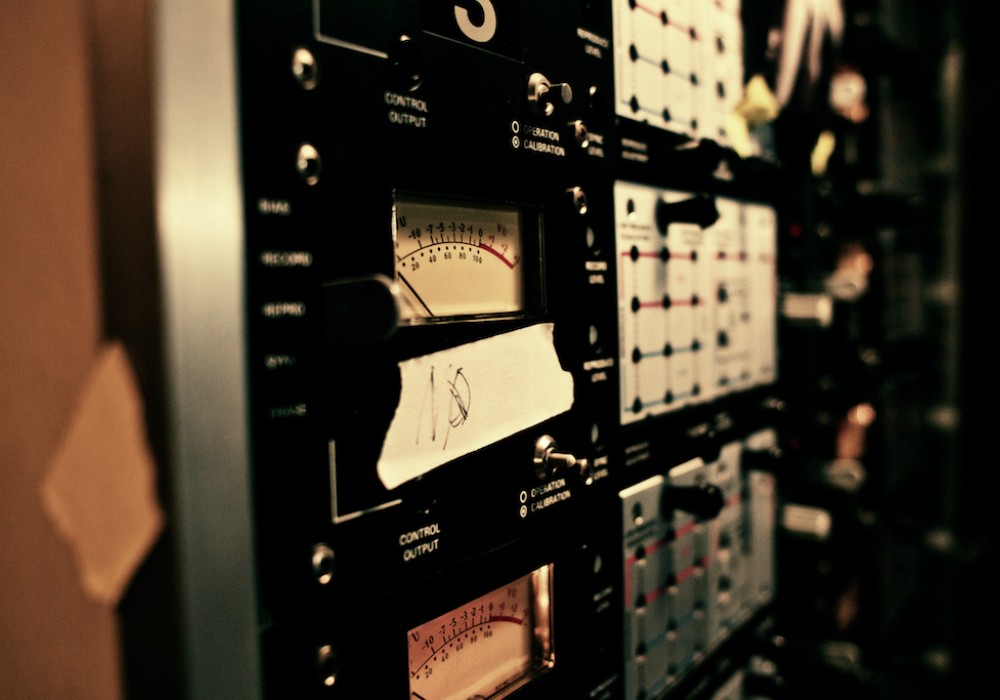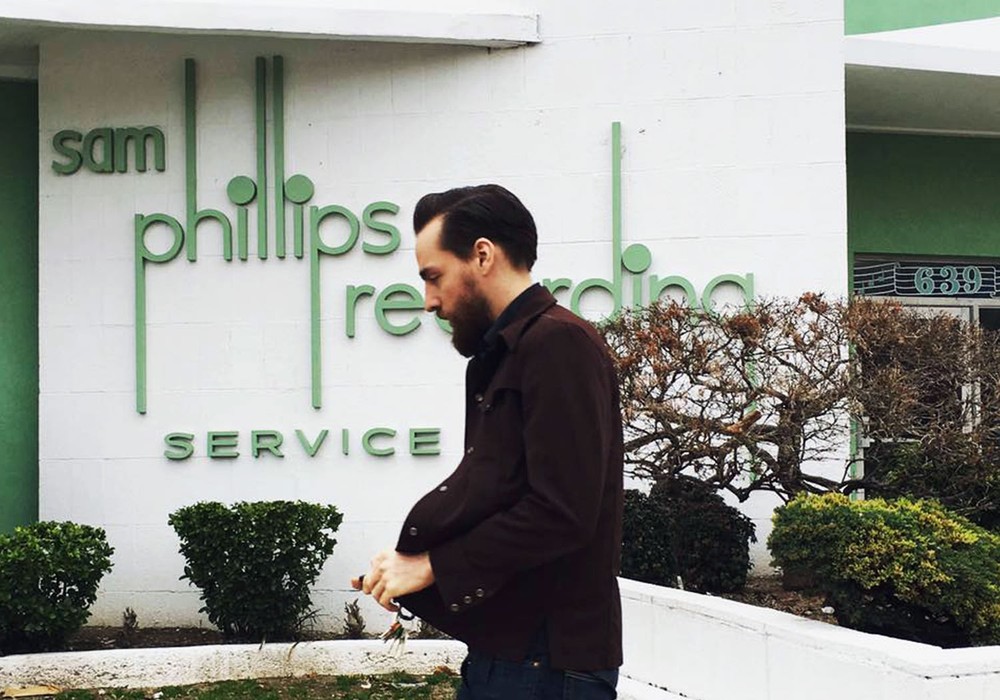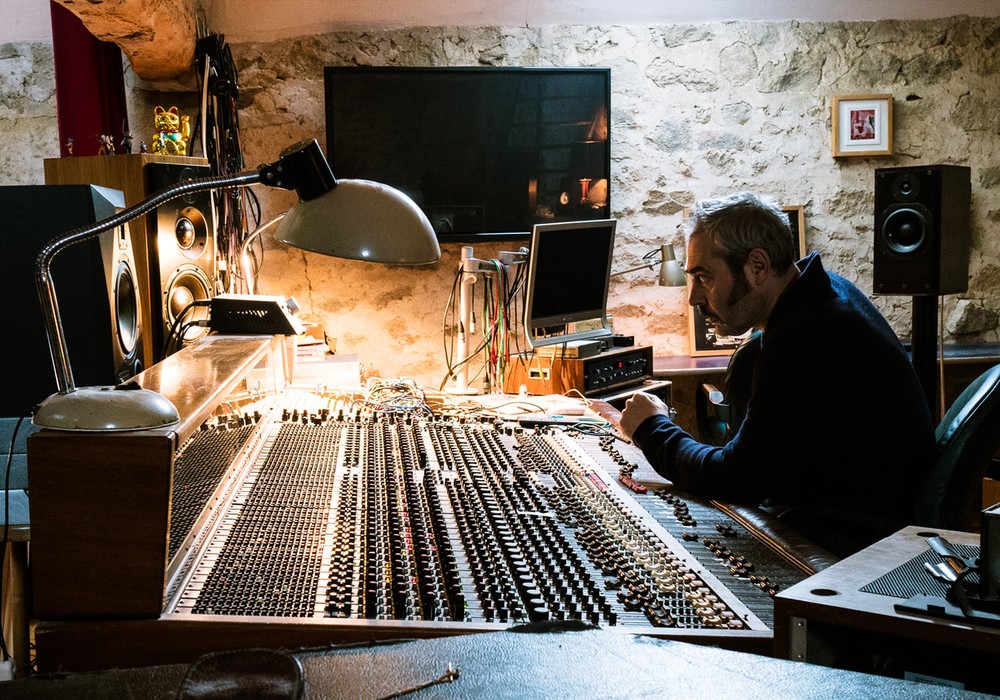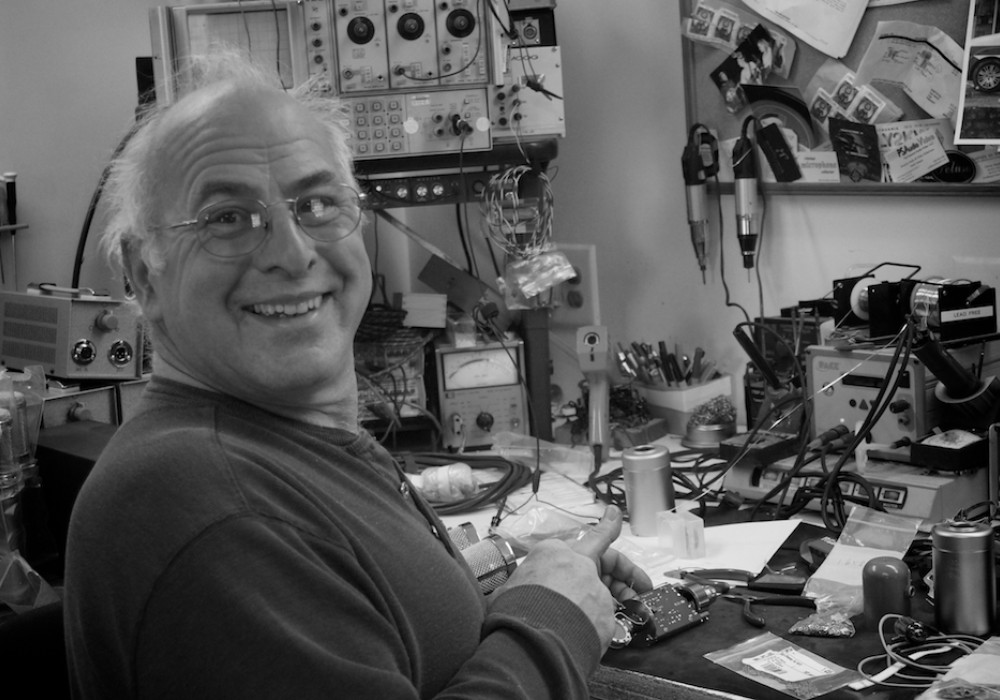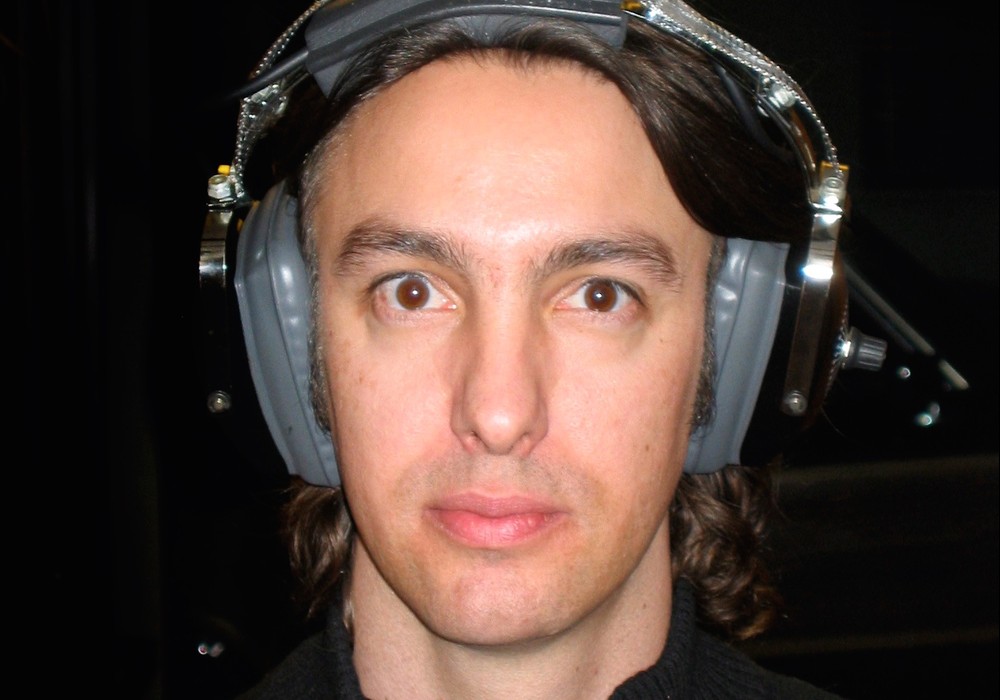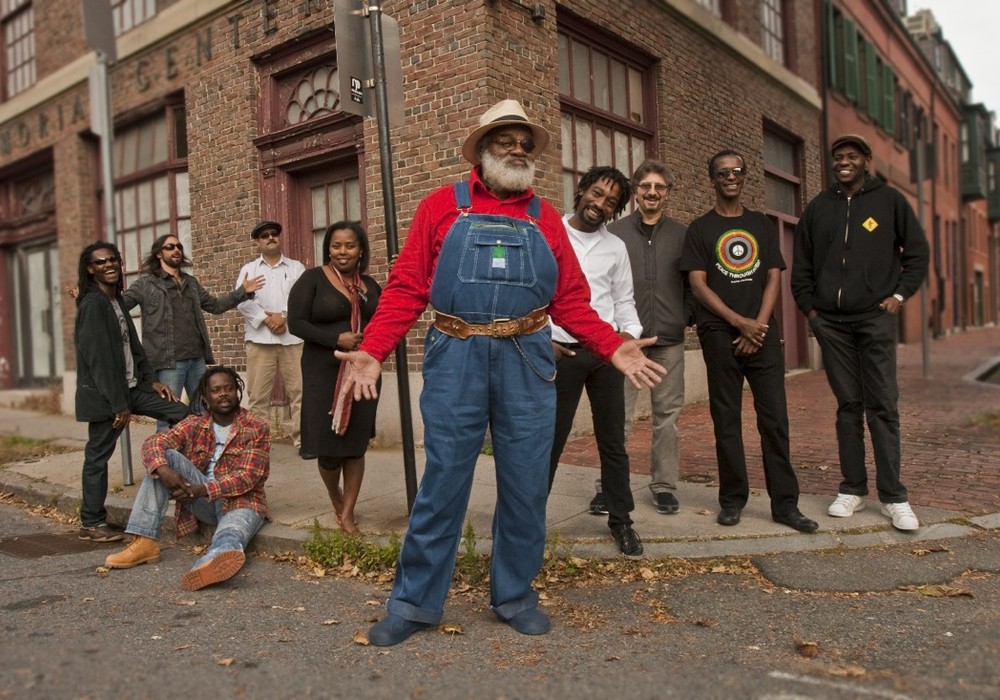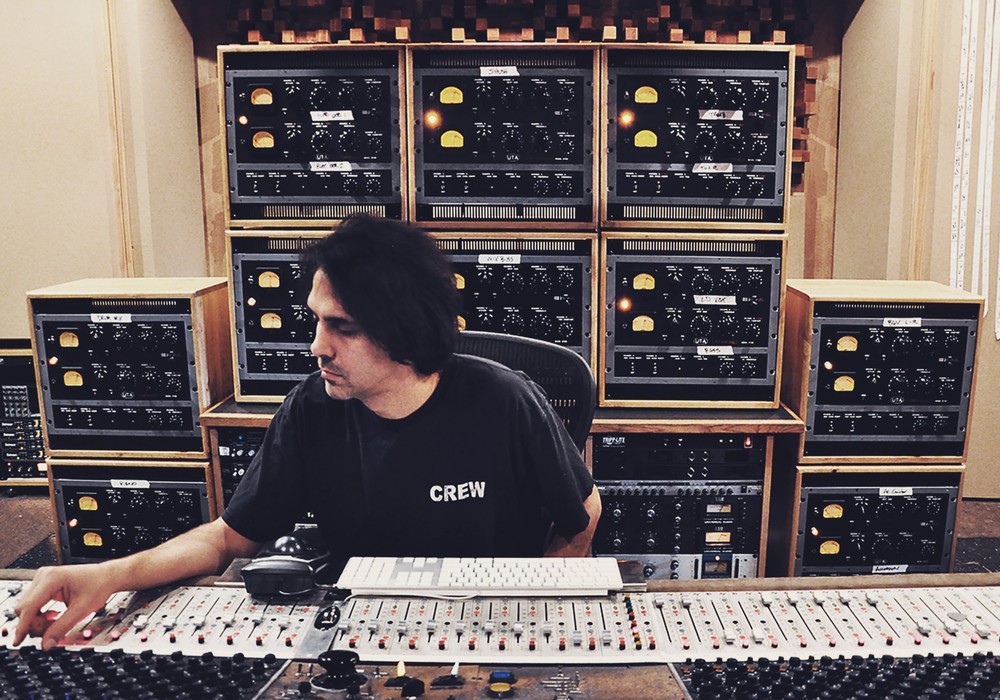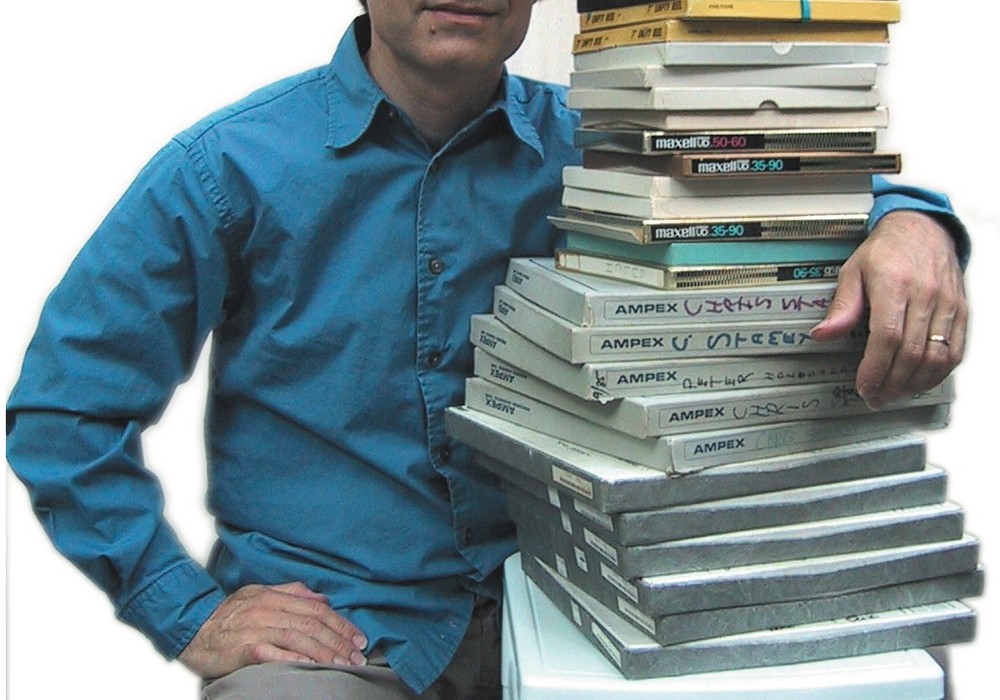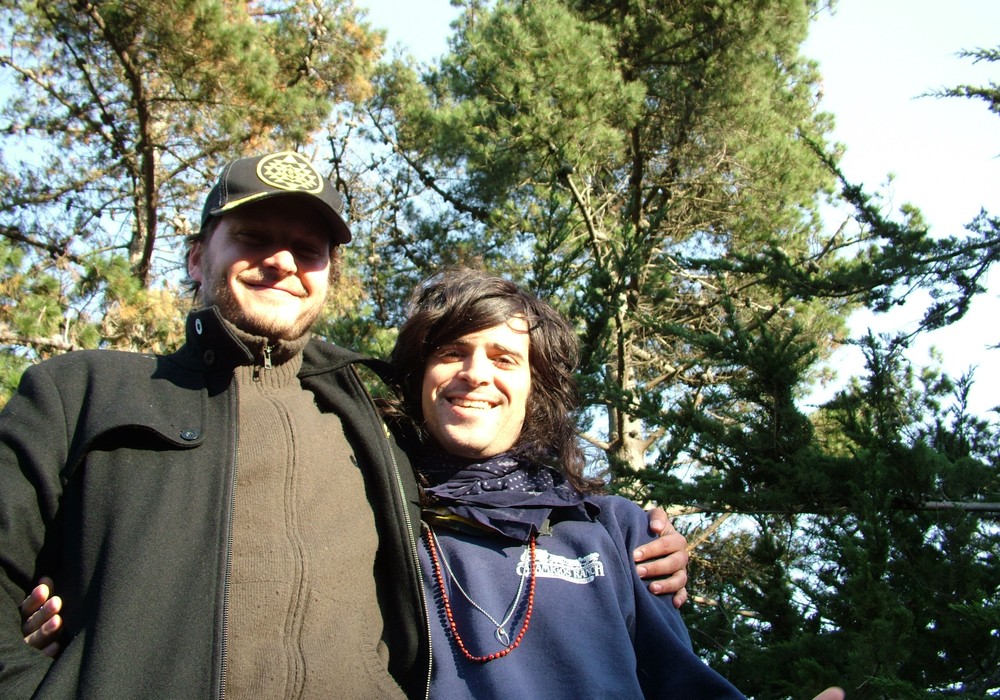Battle Tapes Recording has been at the epicenter of left-of-Nashville rock and indie music since 2003. Tristen, PUJOL, Forget Cassettes, Lee Bains III & The Glory Fires, HeCTA, Turbo Fruits, and Lambchop have all made records there in the last five years alone. We sat down with owner/operator Jeremy Ferguson in his beautiful tracking building to talk about growing a professional-caliber studio at home – from a basement with a Digi 001, to a 2-inch analog/digital facility with a dedicated tracking space, to owning one of the first new Spectra Sonics [Tape Op #103] console in 30 years.
When did you get this house?
March of 2003. I was moving up from Murfreesboro to Nashville. I was looking for a house that had multiple bedrooms. I wanted to have roommates that would help pay the mortgage, and I was looking for a house that had a recording space or a basement.
There’s a lot to be said for a basement space.
I started off recording in garages in Indiana, because we didn’t have that many basements. When I was in Murfreesboro I would go to people’s practice spaces, which were extra bedrooms or whatever, so I was comfortable with that kind of environment – probably more comfortable with that than I was in a professional studio.
You studied recording at Middle Tennessee State University. What kind of rooms did they have?
The first time I ever spent in a real, professional space was at that school. It was set up more like a commercial studio of the day. They had three rooms back then.
With desks?
Yeah, they had an SSL in Room C, a Neotek in B, and I can’t remember what they had in A prior to getting a Studer D950, which was a digital board. It was probably ’99 or 2000 when they got that. I think they have an API Legacy in there now, so they probably spent a couple hundred thousand dollars on this digital desk, then sold it for lunch money. They were also teaching us on DASH recorders [Digital Audio Stationary Head, a reel-to-reel, digital audio tape format]. The first Pro Tools class I took was in the summer of 2001, on Pro Tools 3. I think the Digi 001 was introduced around that time, but even for the “home-pro” it was a bit of an investment. They had 2-inch tape machines too, but they taught us on DASH. We would say, “Let’s go to the 2-inch, now that we’ve got our project for school done on DASH.” It was like night and day. I haven’t used DASH since; I could probably make it sound better now, but I remember being really amazed at the same inputs going into the different recorders, as well as the difference at playback.
What was the tape machine?
A Studer A820 or A827. They had really nice Studers.
You went down to MTSU from Indiana, specifically for the recording program?
I had gone to Purdue University [in Indiana] for a couple of years. When I was a kid, I was really into drawing and writing, so I went to Purdue thinking I was going to do marketing or something, like it was going to be this “creative” thing. But it was more like, “How do you trick people into buying things?” I was also really getting into recording at that time.
What were you using?
A Yamaha MT4X 4-track recorder, and I think by the time I left Purdue I had a Roland VS-880. I had a digital 8-track and a cassette 4-track, and I used them both together quite a bit to make records in the early aughts and late ’90s. I was wanting to go to school for recording, but I didn’t know what existed except for Full Sail [University]. My dad was doing some research and found Middle Tennessee State. I also had a friend there, Katie Haas [née Krampf]. I met her and her sister [Courtney] at a Weezer show; she went to MTSU and had a radio show. She knew a bunch of people from the radio station [WMTS], so I made a lot of friends that way. It took me a couple of months to get used to the South, but there were all these venues, shows, and bands, which was not like where I came from.
What year are we talking about?
’98. Murfreesboro had already gone through the whole Self and Spongebath Records period, but it was getting ready to move into the next phase with a bunch of other different bands. We had the Red Rose and a hundred venues. It was a really good time. A lot of those bands were people who ended up moving to Nashville. It was the whole DIY scene that really...
